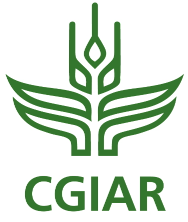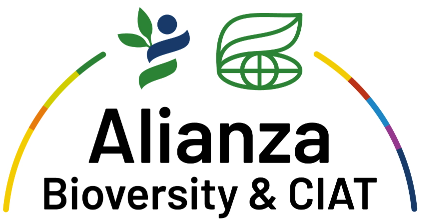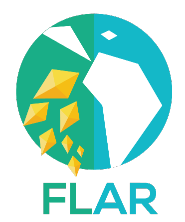

Forum speakers
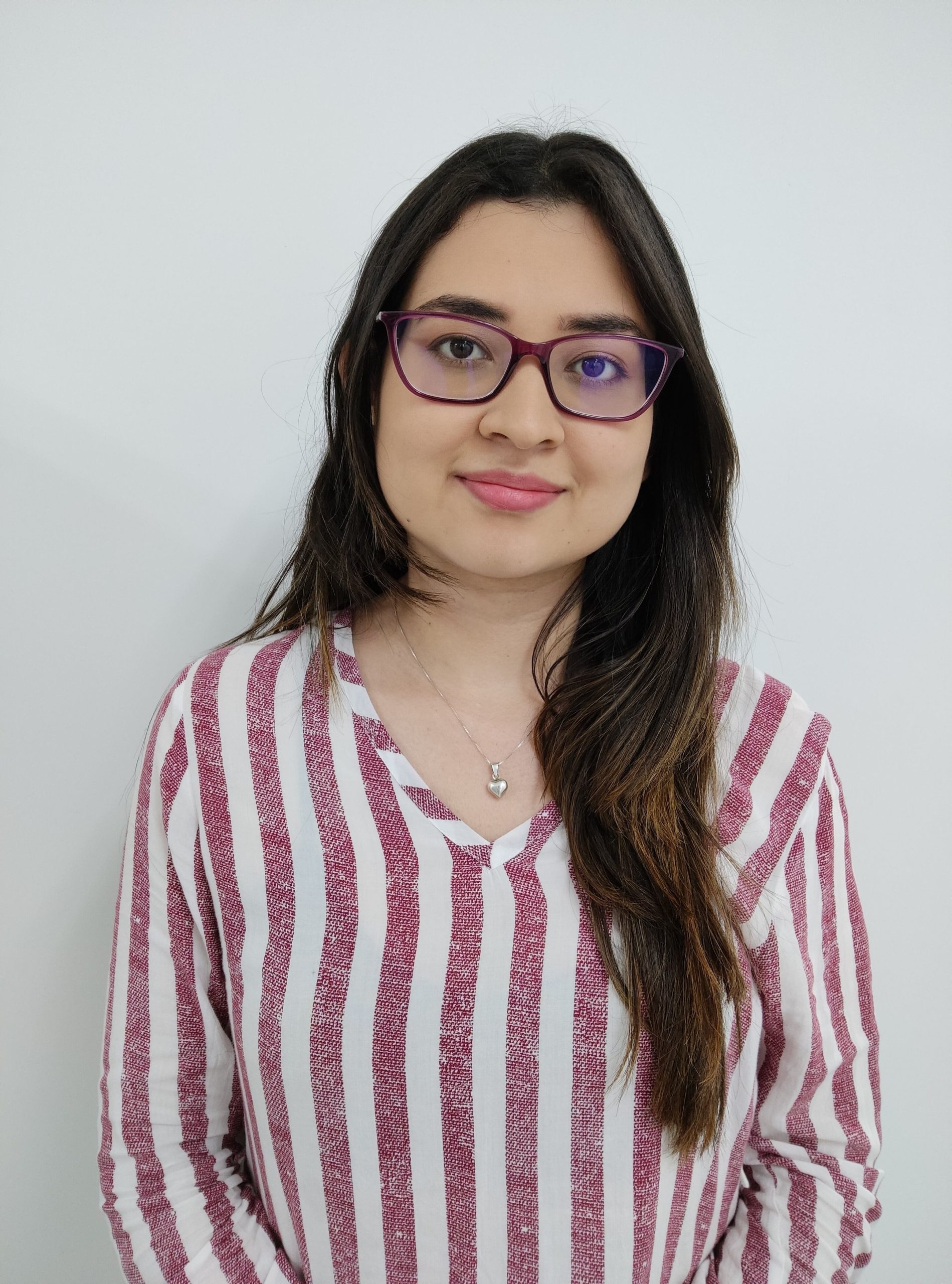
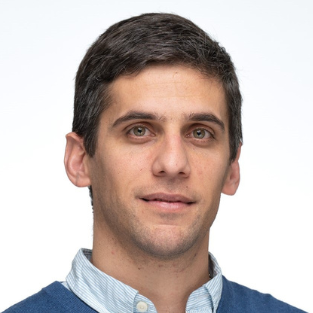
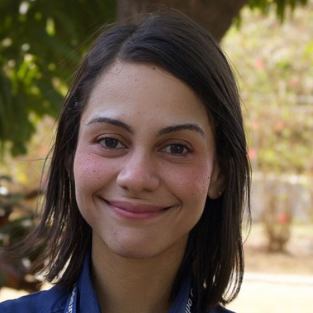
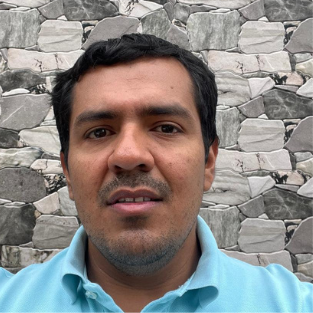
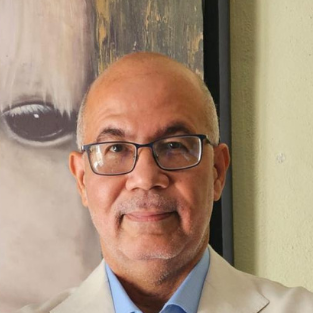
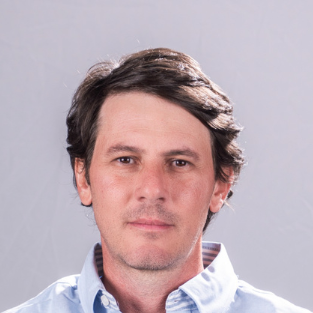
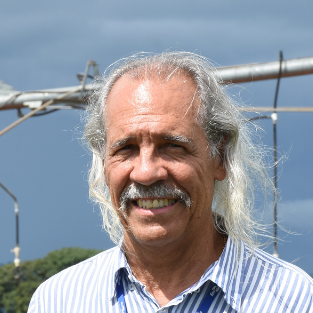
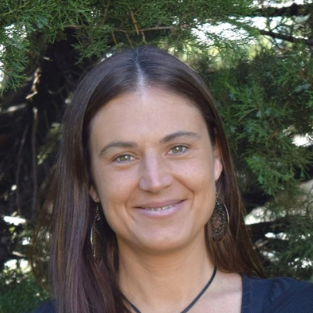
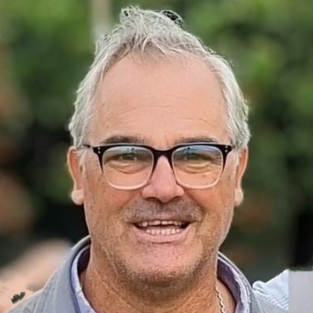
Agricultural Engineer, Faculty of Agronomy, Udelar. Undergraduate work in nitrogen fertilization in rice.
CURRENT OCCUPATION
Production Manager, rice company. Production of about 1,500ha per year, drying plant, grain storage and seed classification.
Private consultant specialized in irrigation projects and satellite monitoring.
Lecturer at the Catholic University, Salto. Faculty of Business Sciences, Bachelor’s Degree in Agricultural and Livestock Management.
Partner of Oryzativa and Sensagro, satellite monitoring companies aimed at improving crop and pasture management by providing objective and quantifiable information on crop evolution and pasture growth.
I am a member of the regional advisory board of INIA Salto Grande and the regional irrigation advisory board of the Central Uruguay River.

- Head of Agronomy and Research – GRUPO CALESA – 2020-Present
- Technical Advisor – GRUPO CALESA-2010-2019.
- Specialist of the Scientific-Technical Services of sugar cane – Territorial Station of Sugar Cane Research – Villa Clara- Cuba- 2001-2009.

I obtained my undergraduate degree in Agronomy at the National University of Colombia, and then continued my studies with a master’s degree in weed science at the Federal University of Pelotas, Brazil. Currently, I am in my third year of my Ph.D. at the Department of Crop Soil and Environmental Sciences at the University of Arkansas, USA. My interest in the field of agronomy started as a child, having as a role model my father who encouraged me to love agriculture while working in his small farm in the Andes.
Since 2017 I have been conducting experimental research on weeds, as part of my final research project at the undergraduate level, then in the master’s research project and now in my PhD. A theme that is a common denominator in the work I have done during my career is herbicide physiology and interestingly all the projects have been related to rice cultivation. For example, in Colombia I worked evaluating resistance of rice weeds collected from the main rice producing areas. In Brazil I worked evaluating herbicide selectivity in rice. Today I am evaluating the evolution of resistance of one of the most problematic weeds of rice in Arkanasas, Echinochloa colona. However, other studies and experiences have allowed me to work evaluating a diversity of weed related factors in other crops such as; beans, squash, sweet potato, watermelon, soybean and cotton. Additionally, in 2021 I was fortunate to be part of CIAT and FLAR as a visiting researcher for 6 months.
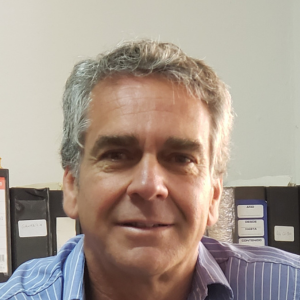
1996 to date Casarone Agroindustrial S.A.
Position: Agricultural Manager- Management of rice production of 17,000 hectares.
- Management of Agricultural and Livestock Production of 4,000 hectares.
1995-1996 Agarcros
Position: Technical Advisor
1993 -1996 Carlin (Agricultural Cooperative)
Position: Technical Advisor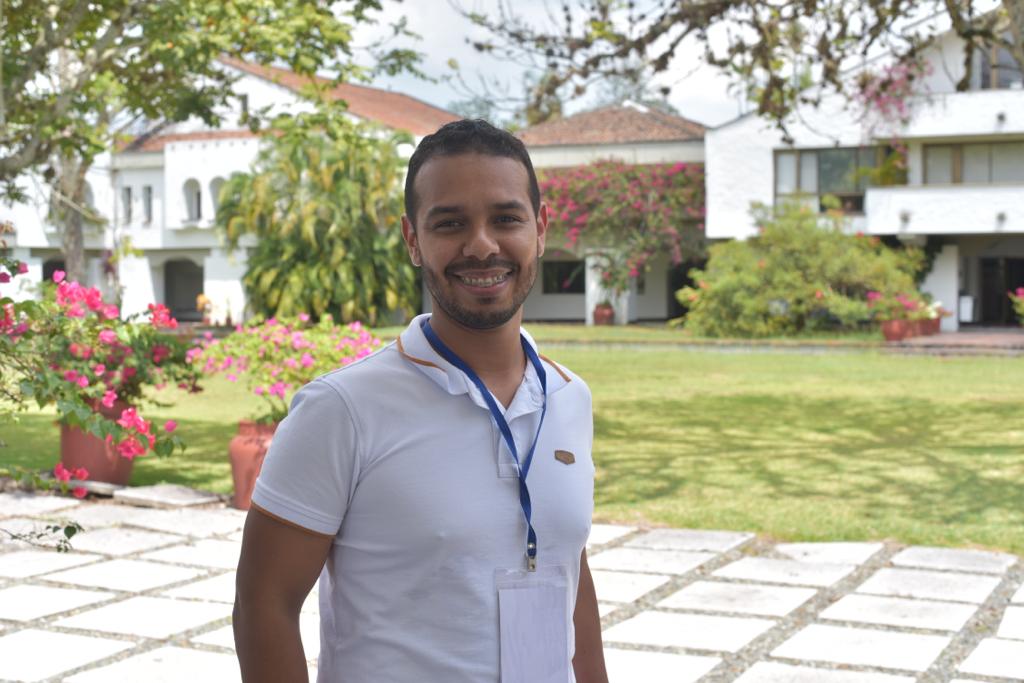
Camilo has been working in crop-climate interactions and crop modeling since 2012, including his MSc, PhD, and postdoctoral studies. Currently, he is a research specialist leading the agroclimatic modeling team in the Climate Action Lever within the Alliance of Bioversity International and CIAT. His research focuses on the use of geospatial analysis techniques, crop and climate simulation models, and artificial intelligence techniques to address topics such as: i) the impact of climate variability on crop yields; ii) the development of adaptation strategies to climate variability; iii) seasonal climate forecasts for agriculture. Additionally, he works on developing digital agroclimatic tools to support decision-making processes for farmers, agricultural technicians, and policymakers.
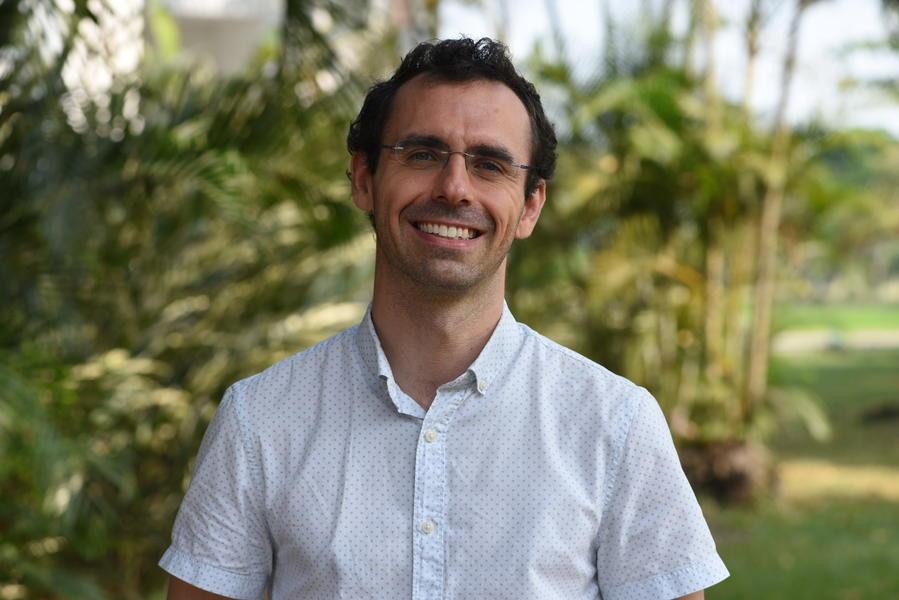
Jérôme is a rice geneticist and breeder at CIRAD and is hosted by the Alliance of Bioversity and CIAT (Plamira, Colombia). He holds a Ph.D. in plant genetics from the Institut Agro Montpellier. Jérôme ‘s research mainly focuses on optimizing breeding strategies using genomic tools and simulation approaches.
Before joining the Alliance, Jérôme worked for three years at IRRI (International Rice Research Institute, Philippines). He is currently in charge of CIAT-CIRAD breeding program, which is focused on developing new rice varieties with high nutritional value (high zinc content) for Latin America and the Carabeen. CIRAD is a long-standing partner of CIAT in rice improvement.
The program’s objectives are to: i) develop products (varieties) that meet the users’ needs, ii) share improved materials with the partners of the national institutes, and iii) train breeders from partner institutions by providing them with tools to optimize their breeding program.

Electronic Engineer and PhD candidate in Computer Science at the University of Otago, New Zealand. He specializes in the creation of tools based on digital image analysis and artificial intelligence (AI) for agricultural monitoring. He received his bachelor’s degree in electronic engineering from Pontificia Universidad Javeriana, Colombia, and holds a master’s degree in engineering from the same institution. His notable achievements include receiving prestigious awards, such as the Google Inc. Scholarship in 2023 and first place in the Space for Planet Earth Challenge 2024.
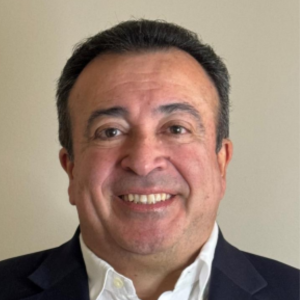
Director of Rice and Business Affairs at Cibus. 30 year career in agriculture as an extensionist, crop consultant, farmer, crop protection specialist, crop nutritionist and currently working in gene editing with rice growers globally. Martin has served in different geographies including Colombia, Ecuador, Venezuela and USA and has been involved with rice growers and rice specialists for the past 19 years, serving in different global roles. He has been instrumental in the success of different companies through strategic planning, leadership development and execution. He lives in Memphis, TN, USA, right in the center of the US rice industry.
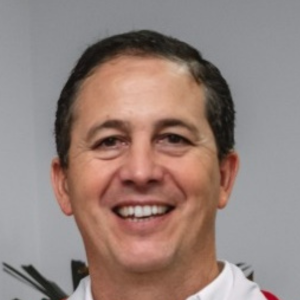
- Uruguayan, 47 years old, Agricultural Engineer with an MBA from IEEM business school in Montevideo-Uruguay.
- Career path: after graduating, I joined SAMAN as technical manager for the central region, then as agricultural manager at SAMAN and currently as operations manager at SAMAN. SAMAN is the main rice industry in Uruguay, handles 45% of Uruguayan rice and is the main rice exporter in Latin America.
- Technical representative of the Gremial de Molinos Arroceros del Uruguay (Uruguayan Rice Millers Association)

Agricultural Engineer NATIONAL UNIVERSITY OF COLOMBIA
Master in Plant Breeding UNIVERSIDAD NACIONAL DE COLOMBIA
Ph.D. in Crop Protection UNIVERSIDAD NACIONAL DE COLOMBIA
Research Associate of the CIAT Rice Project 1994-2015
Professor of Plant Pathology at the UNIVERSIDAD DEL PACIFICO – BUENA VENTURA,
COLOMBIA 2005-2012
Consultant of FLAR FROM 2015 TO PRESENT.
Consultant in INTEGRATED PEST AND DISEASE MANAGEMENT for companies:
AGRICOLA MIRAMONTES-NICARAGUA FROM 2013 TO PRESENT, ADECO
AGROPECUARIA-ARGENTINA FROM 2018 TO PRESENT, GRUPO MAGDALENANICARAGUA 2022 TO PRESENT.
Consultant for companies formulating and producing bioinputs for agricultural use.
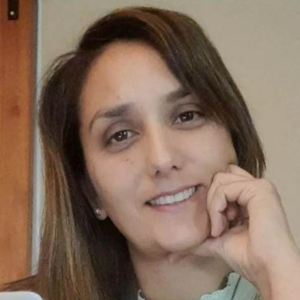
Erina Goldy, Rice Quality Manager at Adecoagro, is an experienced professional. She holds a Bachelor’s Degree in Food and is currently completing a Master’s Degree in Business Management. With 12 years of experience in certifications and food culture plans in various industries, Erina has dedicated 7 years specifically to rice. During this time, she has excelled in developing quality controls, creating teamwork links and acquiring knowledge in variety development, industrial milling and customer expectations according to the characteristics of each country.
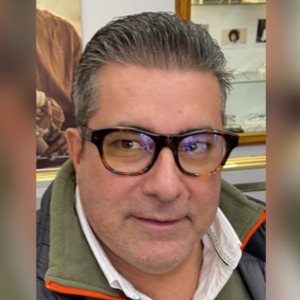
Economist, graduated from the Complutense University of Madrid and in 2004 received the Insignia de Caballero del Mérito Agrícola by the French Republic. With more than 28 years of experience in the sector, in the financial, logistic, agricultural, industrial and commercial areas. Having made sales in the Caribbean, Central America, South America, Canada, USA, Europe and North Africa. For 19 years I have been working as a Consultant and Broker of rice based in Panama. Currently actively participating in the export of rice and other grains from Mexico with the PROMEXA group and in the export of rice from Guyana with the SAJ GROUP.
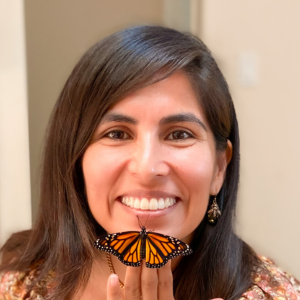
Ph.D. is an assistant professor in the Department of Entomology at Texas A&M University. Her research interests focus on applied and fundamental aspects of plant-insect interactions and the influence of soil microbes (predominantly mutualistic fungi such as mycorrhizae) on plant defense and interactions with other organisms. In particular, his research focuses on rice interactions with major insect pests in Texas. Dr. Bernaola uses multidisciplinary tools to study these complex interactions, including branches of agronomy, biochemistry, physiology, and plant and insect ecology. Overall, his research seeks to identify and develop sustainable and cost-effective management programs for rice insect pests. Prior to moving to Texas A&M, Lina completed her PhD in 2019 in Entomology at Louisiana State University and her BS in Biology at Universidad Nacional Mayor de San Marcos in Lima, Peru.

B.Sc. in Biotechnology from the Instituto Tecnológico de Costa Rica and M.Sc. in Agricultural Sciences and Natural Resources with emphasis in Biotechnology from the University of Costa Rica. D. in Agricultural Sciences (Dr. sc. agr.) from the University of Hohenheim (Germany).
His areas of interest include plant breeding through the use of genetic engineering and genome editing, plant tissue culture, mutation induction and detection in plant crops, and plant molecular biology with emphasis on molecular markers and detection of genetically modified organisms.
He is currently a professor and researcher at the Laboratory of Plant Biotechnology of the School of Biology of the University of Costa Rica.

Agricultural Engineer from the Universidad del Tolima, Master in Agronomy with emphasis in Irrigation and Drainage from the Universidad Estadual Paulista (UNESP) of São Paulo, Brazil, with more than 20 years of experience in Research and Technology Transfer in the National Rice Growers Federation (FEDEARROZ) and the National Rice Fund in water use efficiency, water requirements, irrigation systems, monitoring and water balance and water storage. He has participated in international projects such as SATREPS from FEDEARROZ with the Japanese International Cooperation Agency (JICA), has been technical advisor in the technical mission of rice cultivation to Ghana and Ivory Coast in agreement UNIMINUTO and FEDEARROZ (2018), as well as evaluator of the scientific journal IRRIGA (Journal of Irrigation and Drainage) between the years 2014-2015. He is currently the Director of the Water Resources Management Center of the National Rice Growers Federation – FEDEARROZ in Espinal.

Degree in Agronomy from the Federal University of Santa Maria (UFSM) in Brazil. PhD in Agronomy from UFSM and the University of Nebraska – Lincoln, United States (2015). He was a researcher at the Rio Grandense Rice Institute (IRGA) and Coordinator of the Agronomy Research Program at the Rice Experiment Station of IRGA from 2014 to 2016. He is currently an Assistant Professor in the Department of Plant Sciences at the Federal University of Santa Maria. He was Visiting Professor at the National University of Entre Rios, Argentina, in 2019 and 2022 and at the University of Nebraska Lincoln, USA, in 2022. He has experience in Agricultural Engineering and Agronomy, with emphasis in crop yield potential and gaps and intensification of production systems. Since 2017 he has been a contributor to the Global Yield Gap and Water Productivity Atlas Project (GYGA; www.yieldgap.org). Since 2020 he is a consultant for the Latin American Irrigated Rice Fund (FLAR). Since 2022 he has been a consultant for the United Nations Industrial Development Organization (UNIDO), a specialized agency of the United Nations (UN). He has published scientific articles in high impact factor journals such as Nature Sustainability, Nature Communication, Agriculture Systens and Field Crops Research. He has lectured in China, United States, South Africa, Ecuador, Nicaragua, Colombia, Panama, Venezuela, Paraguay, Uruguay, Argentina and Brazil.
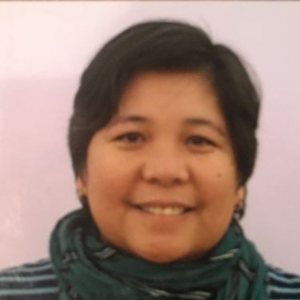
Research Agricultural Engineer at the Delta Water Management Research Unit, United States Department of Agriculture Agricultural Research Service (USDA-ARS) in Jonesboro, Arkansas, USA. She received her Ph.D. in Agronomy from the University of Nebraska-Lincoln, Nebraska, USA in 2005. Dr. Adviento-Borbe’s research focuses on water resources management, sustainable intensification of cropping systems, crop productivity, climate mitigation potentials and resilience of agricultural row crops. Over the past 30 years, he has studied a wide range of crop field research in Southeast and East Asia, USA and Italy, focusing on crop productivity, fertilizer use efficiency, nutrient and water management, greenhouse gas/odor emissions, and crop resilience.
She is ARS team leader for the U.S. Global Research Alliance (GRA) as the U.S. representative on the Paddy Rice in the Americas Research Subgroup, a member of the U.S. National Cotton Council Technical Advisory Committee, and an Advisor to the United Nations Food and Agriculture Organization’s Conservation Agriculture Alliance for Asia and the Pacific (CAAAP).
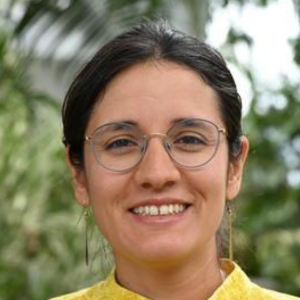
Dr. Maria Camila Rebolledo has more than 15 years of experience in rice physiology and its application in breeding in the context of climate change. She holds a degree in Agronomy from the Agro-Paristech School of Agronomy in Paris and a PhD in Plant Physiology from the University of Sciences Montpellier II and the SupAgro School of Agronomy in Montpellier.
Currently, she is a Scientist in Rice Ecophysiology and Plant Modeling at AGAP, CIRAD Montpellier, France, and leads the Rice Physiology Group at Bioversity-CIAT in Colombia. Her research focuses on understanding rice production in relation to climate. Dr. Rebolledo led the Rice Global Array of CRP Flagship 4 (FP4), which provides tools to accelerate rice breeding in the face of climate change.
She has also developed a network of research centers in Colombia to study the impact of climate variability on rice production. Dr. Rebolledo has made important contributions to the field through her publications and her leadership in several projects, addressing challenges related to water use efficiency, soil carbon sequestration, high night temperatures and the development of rice varieties tolerant to climate change. His work has been supported by prestigious foundations such as Agropolis, Bezos and Gates, the CGIAR consulting group and the Colombian Ministries of Science and Agriculture.

Economist and Master in Economics from Pontificia Universidad Javeriana with 20 years of experience in foreign trade, international negotiations, economic research and agricultural economics. Former technical secretary of the Andean Agricultural Committee and the Andean Committee for the Defense of Free Competition.
He was a professor at the Central University and at the Javeriana University specialization in economics. He has been an economic analyst at Fundación Grupo Social and unions such as Fenavi and Asocaña. He is currently the director of economic research at Fedearroz.
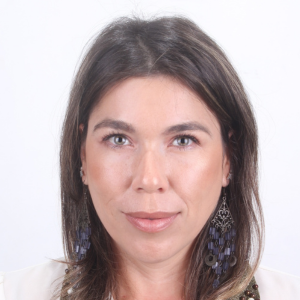
Professional with extensive experience in research projects acquired during her professional development in different institutions, she has participated in rice (Oryza sativa) improvement programs at the University of Costa Rica, development and research in ornamental plants for the company Florica Farms Inc; Research and Development Specialist for the company BASF; In charge of efficacy tests at the State Phytosanitary Service (SFE-MAG) and currently Director of Technical Assistance and Research at the National Rice Corporation (Conarroz).
He has extensive knowledge in different crops such as rice, banana and other tropical crops. Focus on innovation and development, project coordination, use and management of resources, supervision in the execution of research, coordination of inter-institutional research agreements. Throughout his career he has shown vast experience in senior management and leadership of multidisciplinary teams, standing out for the treatment, communication, empathy and curiosity to seek answers to different questions and challenges in agricultural production.
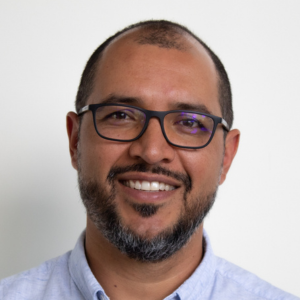
Agronomist Luis Barboza-Barquero has Master’s and PhD studies in Biotechnology and Plant Breeding. His main focus is the quality of grains and seeds, as well as the search for new methods for their evaluation. He has experience working with communities and industrial groups. In addition, he is actively involved in several breeding projects and shows great interest in knowledge transfer with the aim of preserving seeds for as long as possible. He has forged his career at the University of Costa Rica (UCR), whose trajectory includes almost two decades as a professor and researcher at the Center for Grain and Seed Research (CIGRAS) where he is currently director, as well as deputy director at the Institute of Agricultural Research of the UCR.
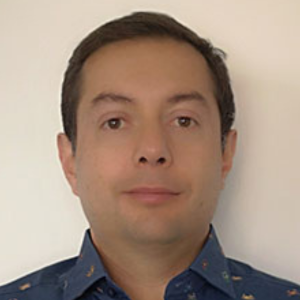
Industrial engineer, with postgraduate studies in natural resources management, environmental and sustainability.
15 years of experience working on climate change, related to mitigation projects for carbon markets, measurement and reporting of Greenhouse Gases and other issues associated with Corporate Sustainability.
Experience in developing policies and technical standards for climate finance, MRV systems, sustainable development and circular economy.
Joined the Conservancy in July 2022, where he is responsible for promoting the strategy to raise the level and quality of carbon markets in Latin America and facilitate the development of high quality projects.

Agricultural Engineer, Master in Phytopathology. With more than 10 years of work experience in the area of genetic transformation of crops. I have worked as a Research Assistant at CENICAFE and CENICANA in Colombia and internationally as a Senior Researcher at the University of Missouri in the Virology Division and at the Plant Transformation Core Facility. Currently I serve as Senior Research Associate in the Advanced Breeding Laboratory of the Bioversity International Alliance and CIAT as leader of transformation and gene editing in rice. During the last 9 years we have focused on introducing new rice varieties and lines to the whole process of genetic transformation, in order to allow plant breeders, geneticists and all people interested in rice editing to have available material to make use of this technology.

Researcher at the Institute for Food and Agricultural Research and Technology (IRTA) since 1988. She leads the rice activities developed at the Ebro Experimental Station in Amposta. She is a member of the rice sectorial table and of several technical commissions, which deal with biotic and abiotic stresses affecting rice cultivation. She has been appointed expert in rice cultivation by the evaluation commission of the Spanish Plant Varieties Office, and of the crop networks of the Spanish Ministry of Agriculture. In the last 10 years she has collaborated in numerous projects of public and private calls with companies in the agri-food sector for the implementation of a sustainability program in rice cultivation in the Ebro delta, with success stories that are being exported to other crops and other producing areas. She is responsible and coordinator of innovation and transfer in rice cultivation at IRTA. Member evaluator of projects at state level, responsible for the reference day of rice cultivation of the annual plan of technology transfer of rice in Catalonia and has participated as a guest speaker at various national and international conferences.
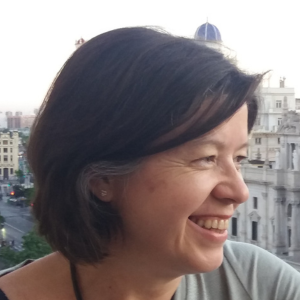
D. in Biochemistry from the University of Valencia (Spain). Since 2002 she has been a researcher at the Instituto Valenciano de Investigaciones Agrarias (IVIA), where she coordinates the rice research line and is responsible for the Rice Department of the same center. The main focus of her research is on the genetic improvement of rice varieties, focusing on yield increase, pathogen resistance and tolerance to drought and salinity. His research activities focus on the analysis of rice genetic diversity and the study of the molecular and genetic basis of agronomic traits through Functional Genomics studies. Among its achievements is the breeding of 5 rice varieties.

Agronomist (UNER-1990), Magister Scientiae in Soils (UBA-1999) and PhD in Earth and Environmental Sciences (University of La Coruña, Spain-2009). Full Professor of Soil Science, Fertility and Fertilizers at the Faculty of Agricultural Sciences of the National University of Entre Ríos.
His research work covers fertilization of field crops, rice and pastures, focusing on the dynamics of phosphorus and arsenic in the soil-plant system. Specialized in soils, nutrition and rice management. Director and member of R&D projects. Private consultant for agricultural companies and fertilizer suppliers.
Director of the Laboratory of Applied Technologies to Soil, Water and Environment. FCA-UNER.
He has published 26 book chapters; 32 articles in refereed scientific journals; 85 in specialized journals and more than 130 papers in congresses.
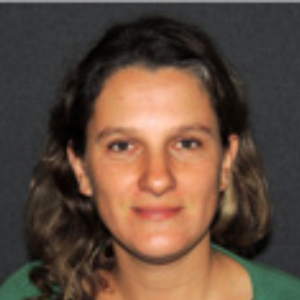
Graduated in Agronomy – University of the Republic (2002). Postgraduate: Master’s degree (2006) and PhD (2011) in Seed Science and Technology from the Federal University of Pelotas. From 2007 to present researcher and head of the Seed Unit of the National Institute of Agricultural Research (INIA) of Treinta y Tres, responsible for the production of basic seed and promising lines of rice and forage species. Experience in seed production, seed analysis and seedling management. Research in irrigated and non-irrigated seed production and technology, seed quality and seed treatment. Liaison with seed companies, rice companies, research institutes, universities and control and monitoring institutes. Lectures to producers, dissemination and extension activities. Teaching in courses related to rice and forage seed production. Responsible for the postgraduate course “Scientific and Technological Bases for Seed Production” of the Agronomy Faculty of the University of the Republic.

